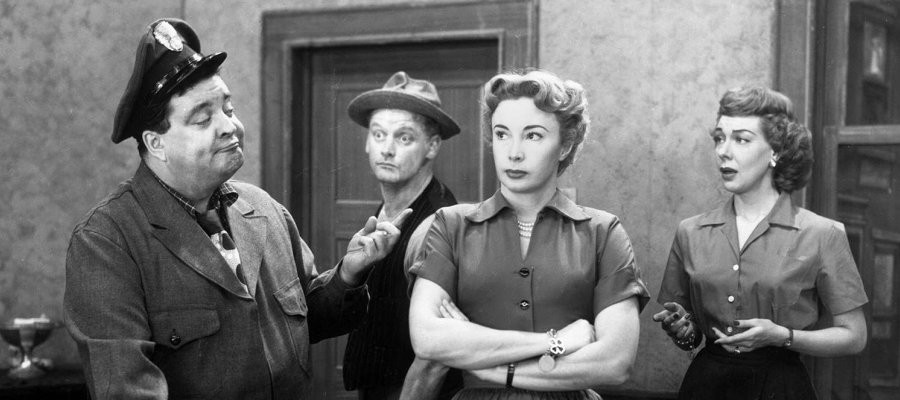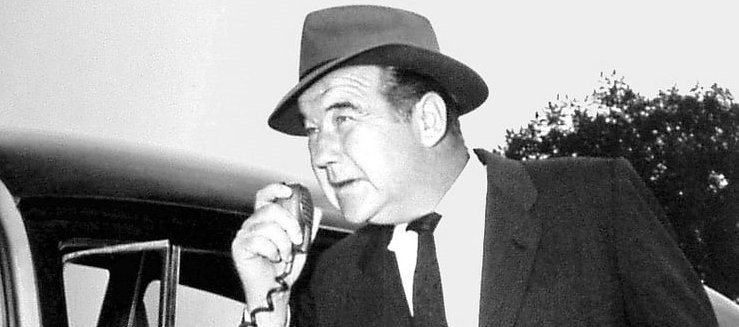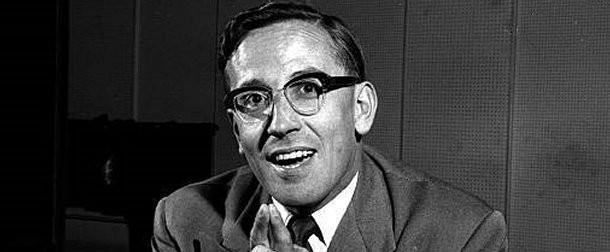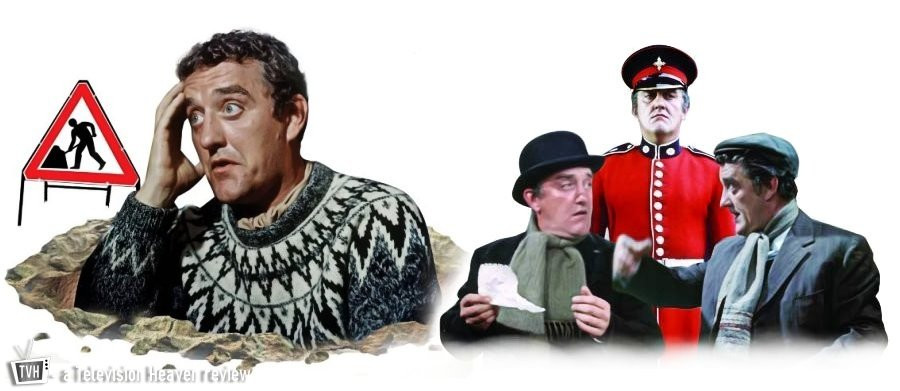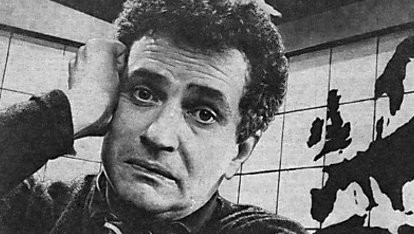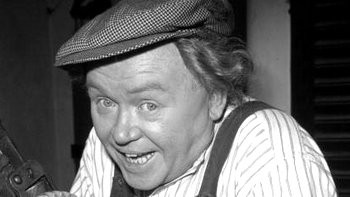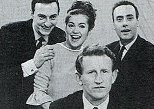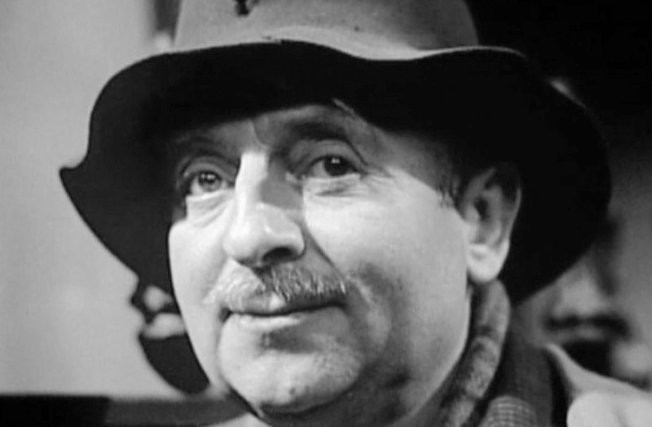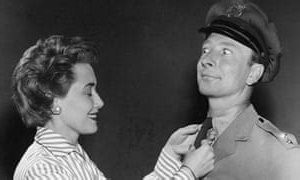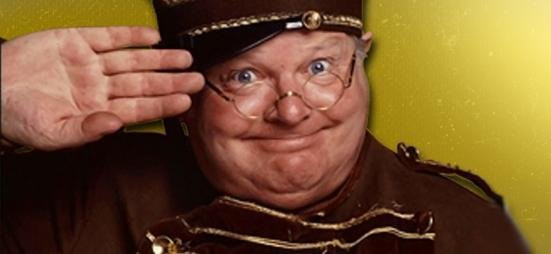
The Benny Hill Show
1955 - United KingdomArguably the most visually effective comedian since the legendary Charlie Chaplin, Alfred Hawthorne Hill—better known to the world as Benny Hill—became one of the most accomplished and recognisable funnymen of his era. His mischievous grin, impish persona, and carefully honed sense of innocent mischief made him a household name across the globe and secured his place as one of television’s most enduring stars.
Born in 1924 in Southampton, Hampshire, the son of a surgical appliance fitter, Hill's early life gave little indication of the fame to come. He began his career in the traditional world of music hall and variety, even spending a period as straight man to Reg Varney, later of On the Buses fame. From stage, he transitioned into radio, where he gained attention in programmes such as Educating Archie. His television debut came in 1949, but it wasn’t until 1955 that the BBC offered him his own series, signalling the start of a long and extraordinary journey in broadcast comedy.
Though he enjoyed steady success during this period, it was his move to Thames Television in 1969 that truly elevated him to the top tier of British entertainers. Remaining with Thames for the next twenty years, Hill created The Benny Hill Show, a unique blend of slapstick, farce, parody, and musical comedy that would define his career and help establish the grammar of visual humour on British television.
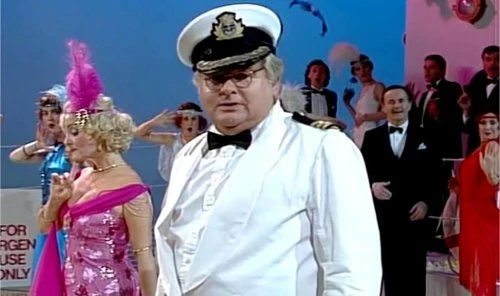
Hill’s shows initially featured a rich mix of silent film-inspired gags, quick-fire sketches, comic musical numbers (notably his chart-topping 1971 hit Ernie (The Fastest Milkman in the West)), and affectionate send-ups of contemporary television personalities. A master mimic, he developed a stable of recurring characters, the most popular of which was the bumbling Fred Scuttle, and he assembled a trusted troupe of regular collaborators. These included Nicholas Parsons, Henry McGee, Bob Todd and Jackie Wright—the diminutive fall guy famous for being on the receiving end of Hill’s trademark rapid-fire slaps to the bald head. Notably, a young Jane Leeves — later of Frasier fame — also got her start on the show.
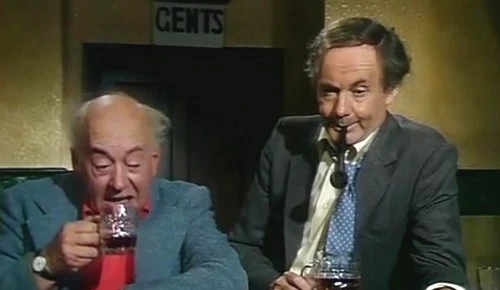
By the mid-1970s, Hill had begun to incorporate a more risqué brand of humour reminiscent of the saucy seaside postcard style made famous by Donald McGill. This period saw the introduction of Hill’s Angels — a troupe of scantily clad dancers who featured prominently in the more bawdy sketches. Ratings soared as the show became one of ITV's most valuable and widely syndicated properties, gaining cult status in the United States, where many British comedians had previously struggled to gain a foothold. At the height of its success, The Benny Hill Show was broadcast in over 140 countries, and Hill himself became one of the most recognised British entertainers worldwide.
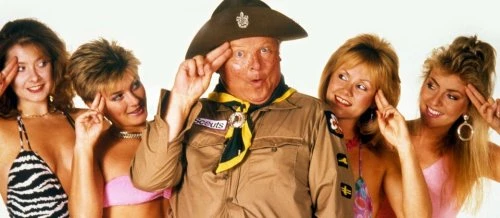
However, as the cultural landscape shifted in the 1980s, Hill’s brand of comedy increasingly came under fire. Critics accused the show of being sexist, outdated, and voyeuristic, despite its often tongue-in-cheek and satirical tone. In 1989, following 18 series and countless specials, Thames Television abruptly cancelled the show—allegedly to demonstrate their alignment with the growing movement towards political correctness and more progressive representation in media. Many felt the decision was more of a public relations move than an artistic one, particularly as Hill had already begun toning down the sketches and had phased out the Angels.
Despite the controversy, the show continued to generate significant revenue through international sales and reruns. In 1992, Hill was offered a fresh opportunity to return to television by Central Television. Sadly, before production on the new show could be completed, Benny Hill passed away on 20 April 1992, at the age of 68.
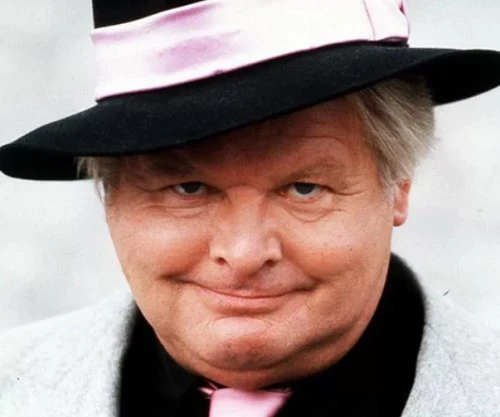
Indisputably one of the last great masters of visual comedy, Benny Hill operated in a tradition that required meticulous timing, subtle expression, and a deep understanding of physical humour. His comedy, while often broad on the surface, was underpinned by a precise and complex choreography that mirrored the silent film legends who had inspired him. Hill's modest genius lay in his ability to transcend language and culture, earning him a dedicated global following and cementing his status as one of the great clowns of the twentieth century.
Though the man himself is gone, Benny Hill’s legacy lives on. As long as audiences continue to appreciate the timeless charm of well-executed visual comedy, his name will remain synonymous with laughter, mischief, and an era of entertainment where wit and timing reigned supreme.
Seen this show? How do you rate it?
Seen this show? How do you rate it?
Published on May 8th, 2025. Written by Laurence Marcus for Television Heaven.


